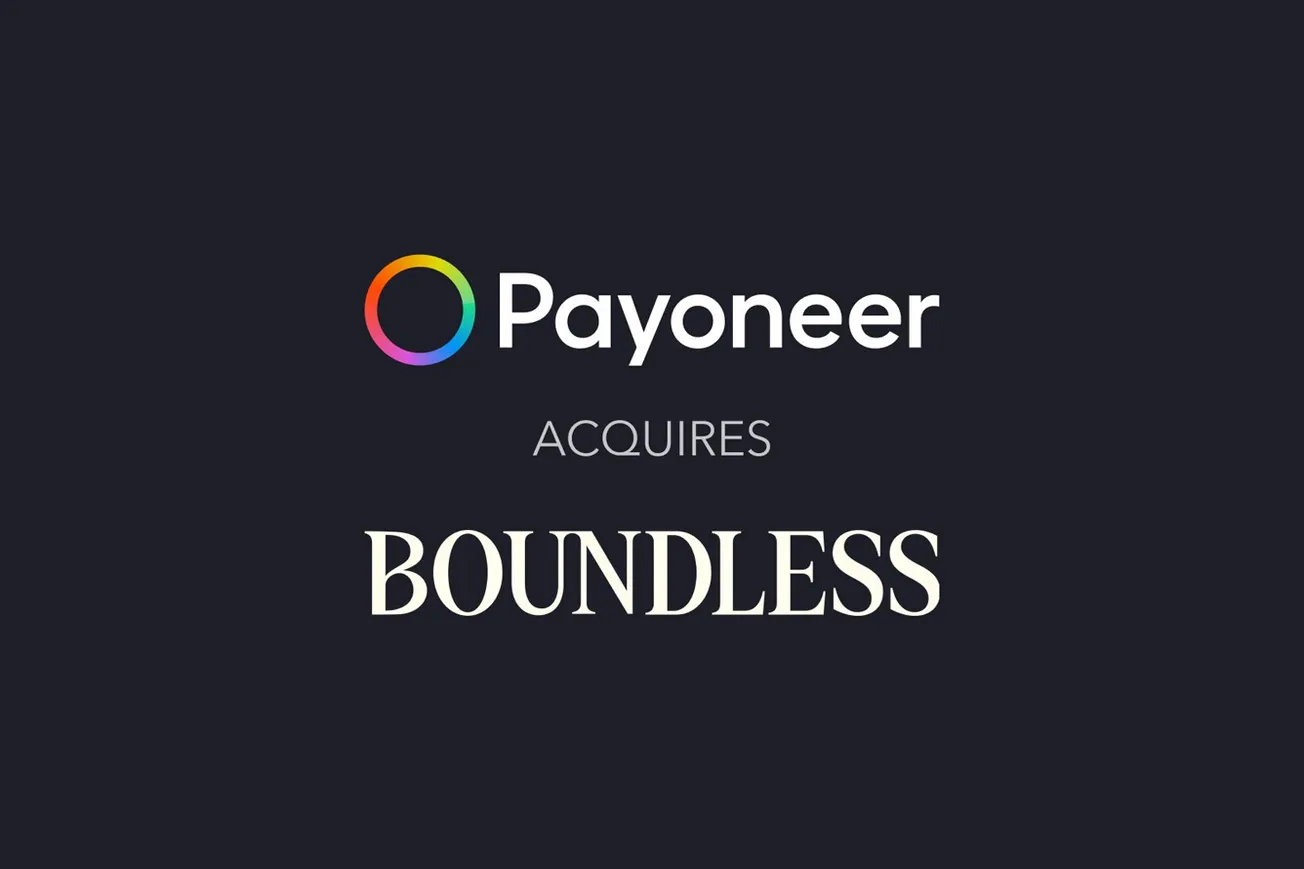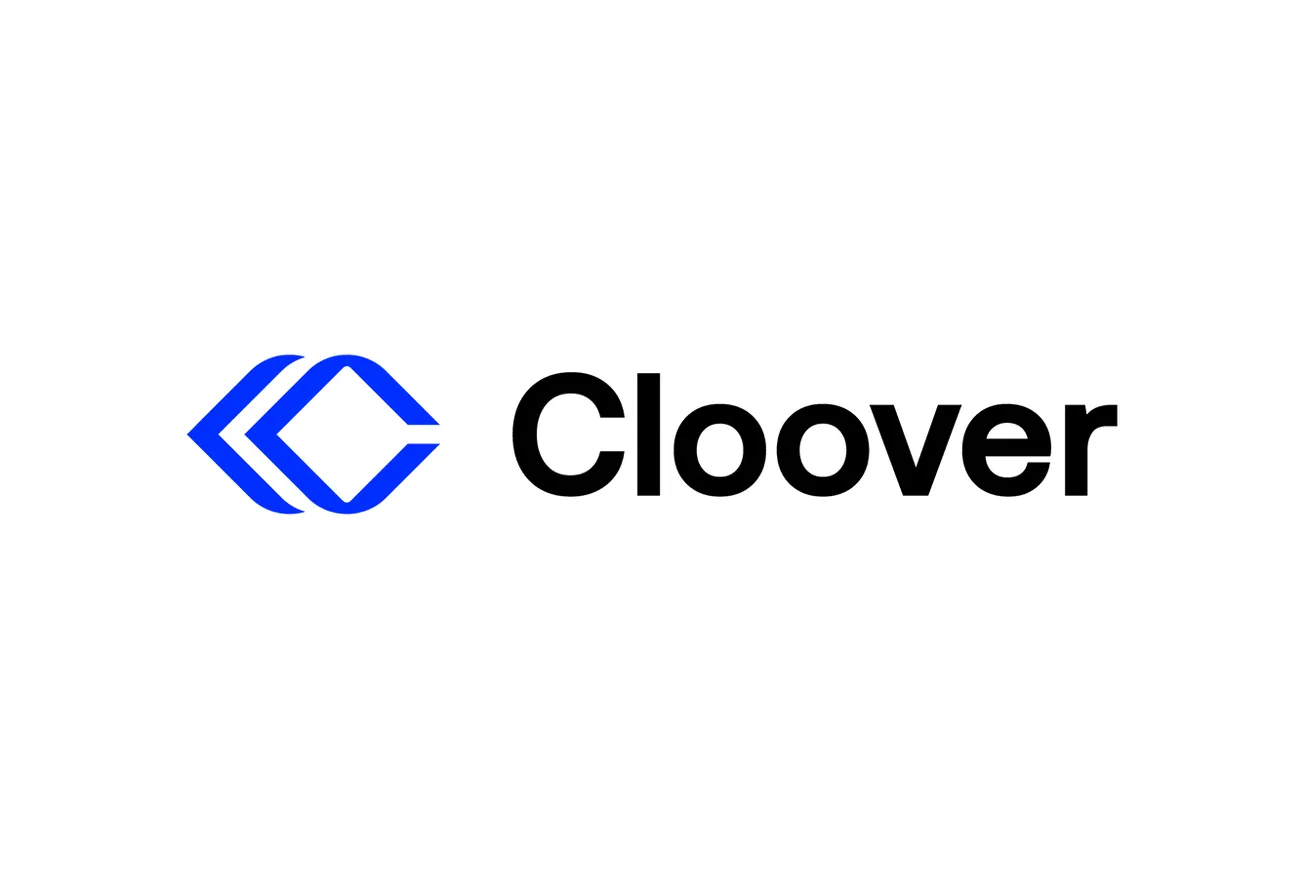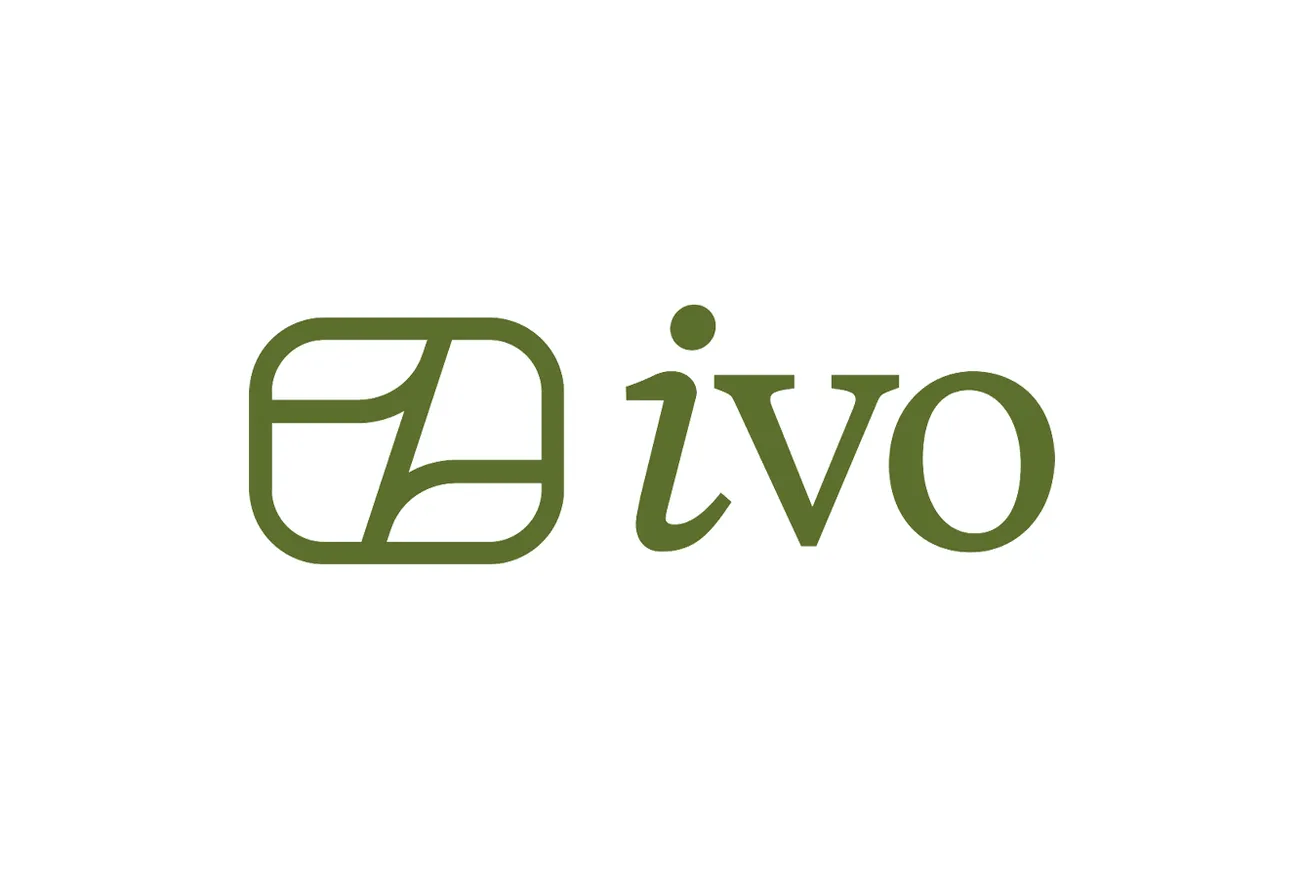Table of Contents
At The Founder, we are always on the lookout for groundbreaking innovations shaping the future of technology. Today, we sat down with Kee Jefferys, Co-founder of Session, a secure and decentralized messaging app that prioritizes privacy. With the upcoming launch of its utility token, $SESH, Session aims to further decentralize and enhance its network for over 1 million monthly users. In this exclusive interview, Kee shares insights into Session’s journey, the necessity of $SESH, and the future of private messaging.
Can you tell us a bit about yourself and what inspired you to co-found Session?
I co-founded Session alongside a group of friends in 2018. At the time, we were all deep diving into decentralized, privacy-preserving protocols like Tor, Bitmessage, and private cryptocurrencies like Zcash and Monero. We admired what these projects had built and wanted to create something that combined elements of each—something greater than the sum of its parts: a decentralized network that was incentivized, Sybil attack-resistant, and capable of providing storage and routing to support developers building applications on top of it.
Session was one of the first apps built on this network, originally conceived as a proof of concept. However, it quickly found product-market fit, filling a gap that, in hindsight, was obvious. At the time, there was no messaging app offering a real alternative to the centralized, surveillance-heavy, metadata-collecting platforms that dominate today’s landscape.
Looking back, the path that led to Session reaching over 1 million monthly active users seems clear, but at the time, it involved many pivots and adjustments to get to where we are today.
What drives your passion for privacy-focused technology?
One of my core beliefs is that privacy isn’t just a feature—it’s a fundamental right. In a world where mass surveillance and data exploitation have become the norm, privacy-focused technology is essential to protecting individual freedoms.
If no one is willing to build privacy-respecting alternatives, users will be forced to use platforms that collect, store, and sell their data. My passion comes from that core belief, that we can—and must—create tools that give people real control over their digital lives.
For those unfamiliar, how would you describe Session in simple terms?
Session is a private and secure messaging app designed to maximize user experience while minimizing the creation and storage of metadata.
What sets Session apart from other encrypted messaging apps in the market today?
While apps like Signal, WhatsApp, and Telegram offer end-to-end encryption, they still rely on centralized servers, require phone numbers, and expose user metadata. In contrast, Session:
1. Doesn’t require a phone number – Users can create an account in seconds by generating a unique Account ID.
2. Uses a decentralized network – Messages are stored and relayed by 2,200+ community operated nodes, removing centralized points of data collection and censorship.
3. Implements onion routing – Users’ IP addresses are hidden, and disconnected from the messages they send, preventing metadata collection.
These features make Session one of the most private and censorship-resistant messaging apps available today.
How does Session ensure true anonymity for its users, especially with no phone number or email required?
Session ensures anonymity by eliminating the need for personally identifiable information at every step. You don’t need a phone number or email to sign up—just a randomly generated Account ID. Onion routing conceals your IP address, preventing network surveillance from linking messages to specific users.
Unlike centralized services, there’s no way for the developers behind Session to track or identify users, because the network storing and routing end-to-end encrypted messages isn’t controlled by Session itself. Instead, it’s operated by hundreds of independent community-run nodes—over 2,200 worldwide—ensuring true decentralization and resistance to censorship.
Can you explain the role of $SESH in the Session ecosystem and why it’s essential for the network?
$SESH is essential to maintaining Session’s decentralized infrastructure. The network of 2,200+ nodes that route and store messages is operated by node operators who stake tokens as collateral. In return, they earn rewards for running the infrastructure securely and efficiently. This incentivized staking model ensures that the network remains decentralized, censorship-resistant, sustainable, and free from control by any single entity.
With privacy becoming a growing concern, do you see mainstream adoption of decentralized messaging apps like Session?
Yes, and we’re already seeing this shift. Session has surpassed 1 million monthly active users and continues to grow every day. While privacy has traditionally been a niche concern, awareness of data exploitation is rising, driving greater demand for secure, privacy-focused alternatives.
What are some of the biggest challenges in maintaining a decentralized, censorship-resistant messaging platform?
From a technical perspective, building and maintaining decentralized, privacy-preserving applications is significantly more challenging than developing centralized, data-collecting platforms. Storing and routing millions of messages daily across a distributed network of over 2,200 nodes presents unique challenges, such as:
● Load balancing: How do you efficiently distribute the load of over a million users sending and receiving data across thousands of independent nodes without a central coordinator?
● Network integrity: How do you ensure that non-performant nodes are removed while still preserving users’ messages—without introducing centralization?
● Security and privacy: How do you prevent malicious nodes from accessing users’ messages and metadata?
Session has developed solutions to address these challenges, but implementing them in software has been far more complex than simply running a centralized server that stores users' messages. However, the effort is worth it—because true privacy and decentralization demand a fundamentally different approach.
How does Session plan to grow its user base and incentivize node operators in the long term?
The number one way Session is going to grow is by improving its user experience. There are many areas for enhancement, including further simplifying onboarding, making it easier to invite friends through deep links, improving the voice and video call experience, and optimizing Session’s underlying network layer to ensure messages are sent and received faster and more reliably. Expanding Session’s feature set is also crucial to making it more competitive with mainstream messaging apps.
For node operators, a strong long-term incentive structure is essential. $SESH staking ensures that node operators are fairly rewarded for their contributions. Additionally, premium features like Session Pro and SNS create a sustainable economic model. As Session grows, users who purchase premium features contribute to a buy-and-burn mechanism for $SESH, these burn tokens are then reminted and locked into the staking reward pool, creating a feedback loop between Session users and the node network, ensuring long-term sustainability.
What’s next for Session after the launch of $SESH—any exciting developments on the horizon?
I’ve touched on some of the key areas the development teams working on Session are focusing on, but more broadly, there will be several ongoing improvements to the Session user experience. This includes enhancing the speed and reliability of the app, making it easier to invite new contacts, fixing bugs, and introducing new premium features like Session Pro and SNS. These features not only improve the user experience but also contribute to the long-term sustainability of the Session network.
Privacy in digital communication is more critical than ever, and Session is leading the charge in creating a secure, decentralized future for messaging. We appreciate Kee Jefferys for sharing his insights with The Founder and shedding light on the importance of metadata protection, encryption, and blockchain-powered communication.










